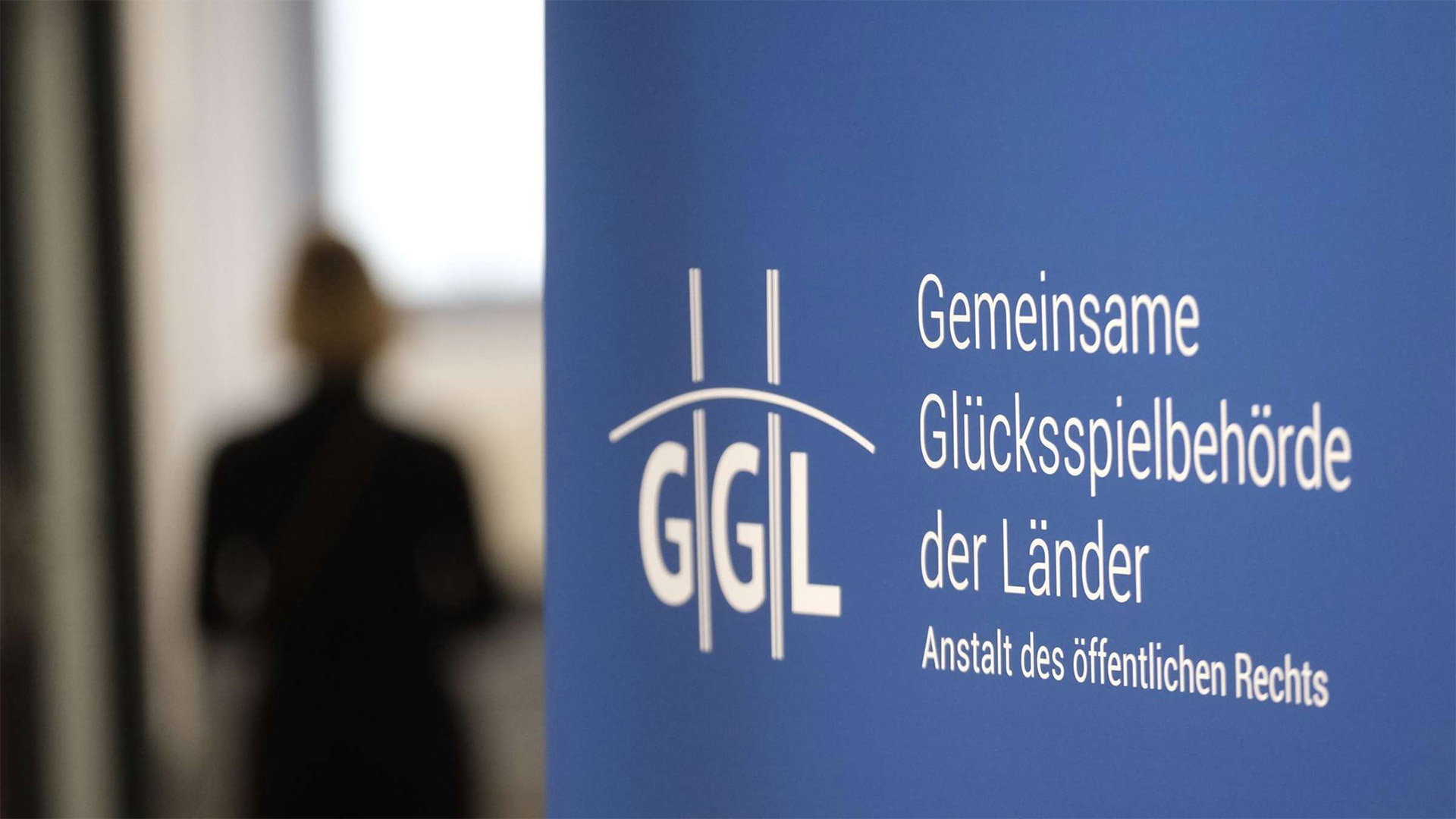Germany’s legal gambling market grows to €14.4 billion, but industry disputes regulator’s offshore estimates

Germany’s regulated gambling market expanded by 5% last year, reaching €14.4 billion ($16.9) in gross gaming revenue, according to the annual report published by the country’s gambling regulator. But industry leaders continue to dispute the regulator’s assessment of the size of the offshore market, arguing it dramatically underrepresents the scale of unlicensed activity.
The Gemeinsame Glücksspielbehörde der Länder (GGL) said gambling tax and levy revenues rose to around €7 billion ($8.23 billion) in 2024, up from roughly €6.6 billion ($7.7 billion) the year before. The growth follows a period of slower 2% annual expansion in 2023.
The regulator reported that efforts to restrict unlicensed operators have gained traction, pointing to recent changes in Google’s advertising rules, an initiative the GGL said it helped develop. Since September, Google Ads in Germany have been limited to approved operators, a shift that GGL chief executive Ronald Benter described as having “significantly reduced the visibility of illegal offers.”
“Our measures are having an impact,” Benter said. “Nevertheless, combating illegal offerings remains challenging and requires perseverance and close cooperation with national and international partners.”
The regulator’s new report found 858 German-language gambling sites operating illegally last year, run by 212 different operators. That figure rose slightly from 205 operators identified in 2023.
The GGL estimates the market volume of these illegal sites at between €500 million ($580.7 million) and €600 million ($705 million), roughly 3% to 4% of the entire German market and about a quarter of the legal online segment for high-risk products like slots and sports betting.
Those figures have drawn sharp criticism from the licensed sector, which argues the true scale of offshore activity is vastly larger. Tipico’s director of iGaming, Christian Heins, took to LinkedIn to question the GGL’s data, suggesting the online casino black market alone could exceed €2 billion ($2.35 billion), three times the regulator’s estimate for the entire illegal market.
Heins said his projection reflects discrepancies between reported tax revenue and total revenue, coupled with online traffic data that indicates offshore sites may draw 50% more visits than licensed operators on average.
He also challenged the effectiveness of the Google ad restrictions, noting that site traffic only began to decline months later, driven more by targeted reporting and intensified compliance pressure on the tech giant.
International data analysts have also highlighted the discrepancy. H2 Gambling Capital estimated that only 40% of Germany’s gambling revenue came from the legal market in 2024, a proportion it expects to slip to 36% this year. That contrasts sharply with the GGL’s view that the illegal share is in the low single digits.
Still, the GGL pointed to stepped-up enforcement in 2024, saying it reviewed over 1,700 websites and initiated 231 prohibition proceedings, compared with 133 the year before. Roughly 450 illegal sites became inaccessible in Germany last year through direct prohibition orders, while another 657 were blocked under the EU’s Digital Services Act rules.
The regulator also processed 230 permit and amendment applications and supervised 141 providers, up from approving 39 cross-border licenses in 2023. Looking ahead, it plans to ramp up advertising monitoring and expand the use of safe servers to tighten oversight of legal operators.
Benter said the GGL’s strategy involves working closely with both domestic and international agencies to target not just offshore gambling companies but also their technology suppliers, marketing partners, and other facilitators.
“Our stated goal is to make the business model of illegal providers unattractive through a comprehensive package of measures,” Benter said. “Combating illegal offerings remains a long-term process that requires strategic action, decisive action, and close interagency cooperation.”
















